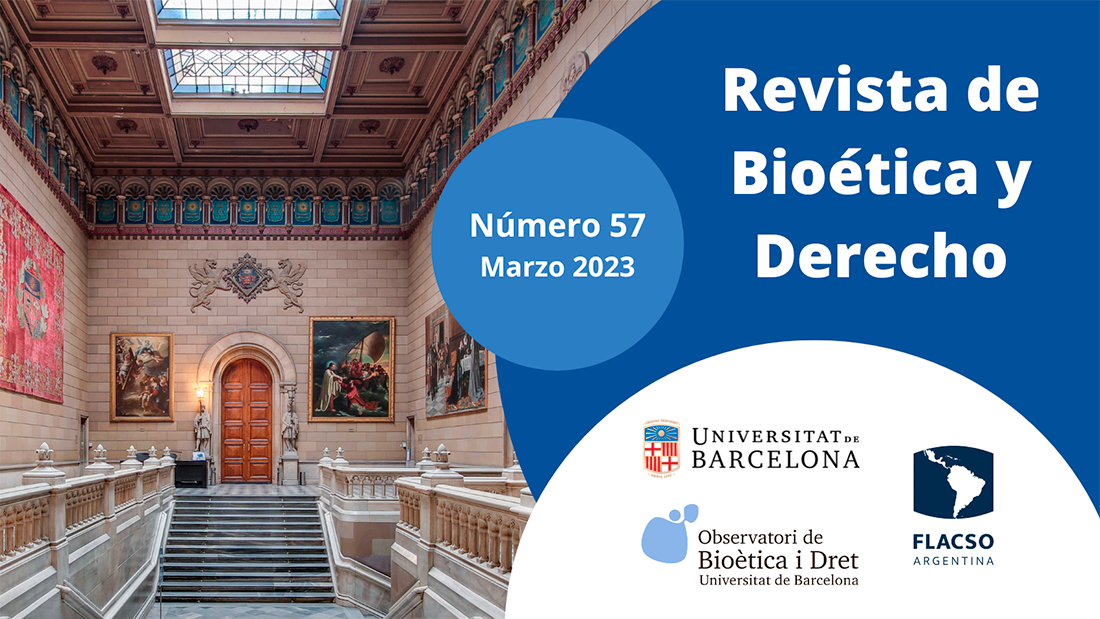Medical liability in telemedicine: a proposal of principles for a telemedical leges artis
DOI:
https://doi.org/10.1344/rbd2023.57.41222Abstract
This article analyzes the civil medical liability imputable to health professionals involved at remote healthcare. To this end, a set of principles is proposed from which health professionals and telemedicine providers are required to perform care duties. Based on the principles of analogy with and complementarity of face-to-face healthcare, three categories of special principles for remote healthcare are developed: enabling principles, operational principles, and patient protection principles. Under this scheme of principles, duties of care are specified, distinguishing those that respond to the risks caused by physical distance from those that arise from the organizational changes necessary for this type of healthcare. The application of these duties is analyzed in three telemedicine scenarios: virtual visit, virtual consult and eConsult. This structure of principles and duties in the provision of remote healthcare allows to delimit the scope of leges artis for each specific scenario and, at the same time, to develop regulatory strategies considering criteria of necessity, rationality and sufficiency, according to the specific contents that characterize each scenario of remote healthcare.
Downloads
Published
How to Cite
Issue
Section
License
Copyright (c) 2023 Juan Alberto Lecaros Urzúa

This work is licensed under a Creative Commons Attribution-NonCommercial-NoDerivatives 4.0 International License.
 The author retains the copyright and grants Revista de Bioética y Derecho the right of first publication of the article. All articles published in Revista de Bioética y Derecho are under Creative Commons licensing Recognition – Non Commercial – NoDerivedArtwork (by-nc-nd 4.0), which allows sharing the content with third parties, provided that they acknowledge its authorship, initial publication in this journal and the terms of the license. No commercial use of the original work or generation of derivative works is permitted.
The author retains the copyright and grants Revista de Bioética y Derecho the right of first publication of the article. All articles published in Revista de Bioética y Derecho are under Creative Commons licensing Recognition – Non Commercial – NoDerivedArtwork (by-nc-nd 4.0), which allows sharing the content with third parties, provided that they acknowledge its authorship, initial publication in this journal and the terms of the license. No commercial use of the original work or generation of derivative works is permitted.







